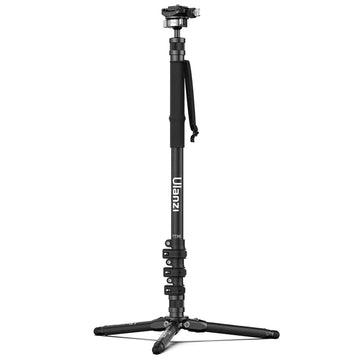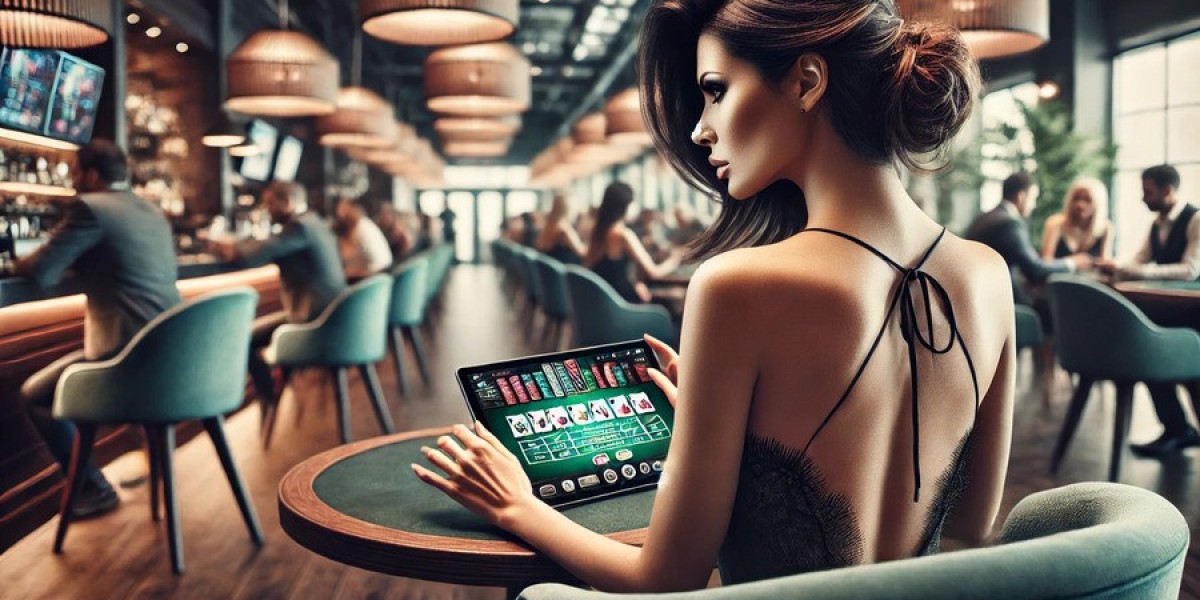Unlock Perfect Shots: Discover the Secret to Camera Stability with Monopods!
In the world of photography and videography, achieving perfect stability is crucial for capturing breathtaking images and seamless videos. Camera shake can ruin what could have been a stunning shot, leaving photographers and videographers frustrated. This is where monopods come into play as a practical solution, offering enhanced stability while allowing for greater mobility than traditional tripods. In this article, we will delve into the best value monopods for camera stability, exploring key features to consider when selecting one that fits your needs. Whether you're an amateur just starting out or a seasoned professional, understanding how to choose the right monopod can elevate your photography experience.

The Importance of Camera Stability
Camera stability is the backbone of great photography and videography. When you're out in the field, dealing with varying light conditions, moving subjects, or even just the natural shake of your hands, maintaining stability becomes a challenge. Common issues faced by photographers without stabilization tools include blurry images, shaky footage, and an overall lack of professionalism in the final output. This is especially true in low-light conditions or when using longer focal lengths, where even the slightest movement can lead to disappointing results. By utilizing a monopod, photographers can significantly reduce these issues, allowing them to focus on creativity rather than technical challenges. The peace of mind that comes from knowing your camera is secure and stable can empower you to capture the moment as it unfolds.
What is a Monopod and How Does It Work?
A monopod is a single-legged support used to stabilize a camera while shooting. Its basic structure includes a vertical pole that can be extended or contracted, often made from lightweight materials like aluminum or carbon fiber. Unlike tripods, which have three legs, monopods offer portability and ease of movement, making them ideal for dynamic shooting environments. While tripods are excellent for long exposures and static shots, monopods shine in situations where space is limited or where quick adjustments are necessary. For instance, during a wedding or sporting event, a photographer might find themselves needing to move quickly between shots. A monopod allows for that mobility while still providing a stable base for the camera.
Key Features to Look For in a Monopod
When selecting a monopod, several key features should be considered to ensure it meets your needs. Height adjustment is crucial; a monopod that can be extended to various heights will accommodate different shooting scenarios. Additionally, pay attention to the weight capacity, as this will determine whether the monopod can support your camera and lens setup securely. The materials used in construction impact both weight and durability; lightweight materials like carbon fiber are excellent for portability, while aluminum offers sturdiness. Furthermore, ease of use is essential; look for quick-release mechanisms and comfortable grips that allow for smooth operation. Lastly, consider the portability and stability of the monopod, as these factors will greatly influence your shooting experience.
Choosing the Best Value Monopods
Evaluating monopods based on budget, user needs, and specific photography styles is vital in making a wise investment. For amateur photographers, starting with a more affordable option can provide a good introduction to stability tools without a significant financial commitment. Professional photographers, on the other hand, might prioritize features like weight capacity and material quality, as their work often demands more robust equipment. It's also essential to consider what type of photography you'll be doing—landscape, wildlife, or event photography may all have different requirements. By reflecting on your specific needs and how often you plan to use the monopod, you can ensure you select one that provides the best value for your investment.
Enhancing Your Photography with Monopods
In summary, camera stability is paramount for achieving high-quality photography and videography. Monopods serve as an excellent tool for enhancing stability while offering the mobility that many photographers desire. By understanding the importance of stability, the functionality of monopods, and the key features to look for, you can make an informed decision when selecting a monopod that fits your needs. Remember to consider your specific photography style and budget as you explore your options. With the right monopod, you can unlock the potential for perfect shots and elevate your photography experience to new heights.







